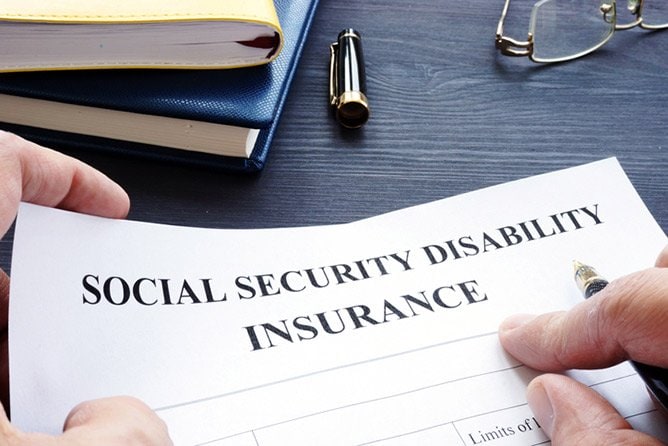In most personal injury cases, a settlement won’t impact Social Security Disability (SSDI) benefits. However, in some cases, SSDI may impact a settlement amount and lead the defense to argue that an injury was a pre-existing condition. To determine how a settlement may impact Social Security benefits and vice versa, it’s important to understand the dynamics of each.
How Personal Injury Cases Can Affect Different Types of Social Security Benefits
Individuals who sustained injuries because of another party’s negligence may be able to recover compensation in a personal injury claim or lawsuit. In any case, injury victims may pursue compensation for monetary damages such as medical bills, lost wages, and property damage. Victims may also be able to recover compensation for non-monetary damages such as pain and suffering.
Personal injury cases can lead to a settlement that’s awarded to the claimant. However, matters can become complicated if the claimant is receiving Social Security benefits.
SSI vs. SSDI
If an individual is wondering how a personal injury case and settlement may affect his or her Social Security benefits, the answer ultimately depends on the types of benefits involved. Some people may receive Social Security Disability (SSDI) benefits, while others receive Supplemental Security Income (SSI) benefits.
Typically, personal injury awards won’t impact SSDI benefits, but there are certain exceptions. On the other hand, individuals on SSI may see a decrease or even cessation of benefits, depending on the case.
Why Is SSDI Normally Unaffected?
Regardless of the settlement amount in a personal injury case, individuals shouldn’t see any impact on benefits if they receive SSDI. The reason for this is that SSDI benefits are determined based on a recipient’s work history as opposed to present financial status, unlike SSI.
Individuals enrolled in the SSDI program become eligible based on the number of work credits collected while employed. Work credits have no role in a personal injury case.
When SSDI May Affect a Personal Injury Case
Although a personal injury settlement won’t affect SSDI benefits, there are some cases when SSDI may impact the settlement.
When the Defendant May Argue That an Injury Was a Pre-Existing Condition
Whenever an individual is injured and files a claim, the defendant may try to argue that an injury was related to a pre-existing condition as opposed to the accident that resulted in the case. If an injury is found to be the result of a pre-existing condition, it could lead to a lower settlement amount.
Compensation for Lost Wages May Not Be Awarded Due to a Disability
If people are receiving SSD benefits at the time of an injury, this is indicative of a person suffering from a condition that prevents him or her from working. As such, individuals who weren’t working when or after an accident took place wouldn’t receive compensation for any lost wages, which may otherwise result from time taken off from work to recover.
If an SSDI recipient wishes to file a personal injury claim following an accident, he or she can do so without worrying about any reduction or elimination of those benefits.

 2018 ·
2018 ·
Leave a Reply